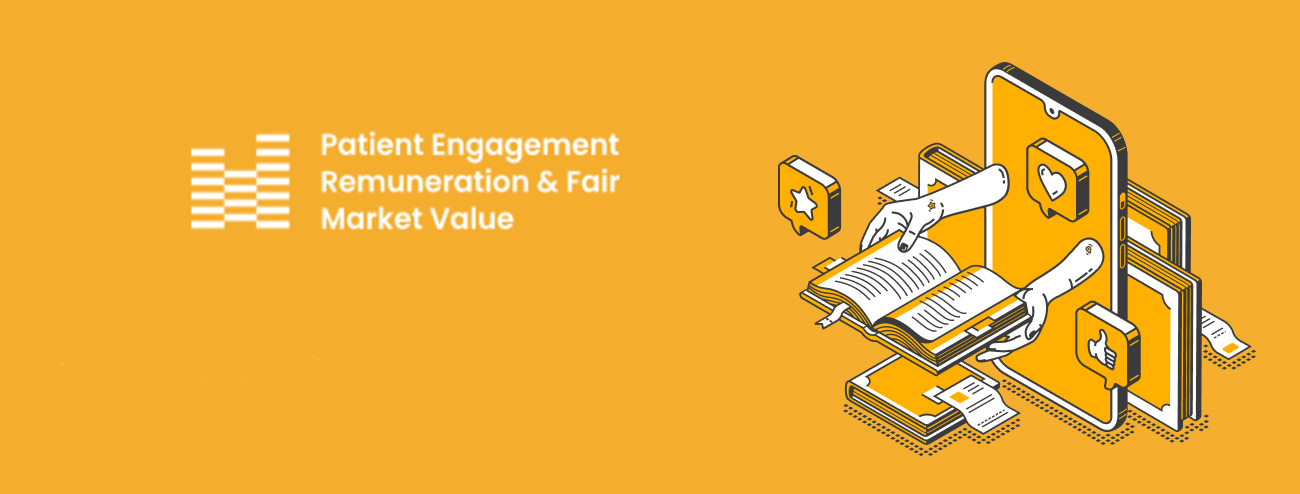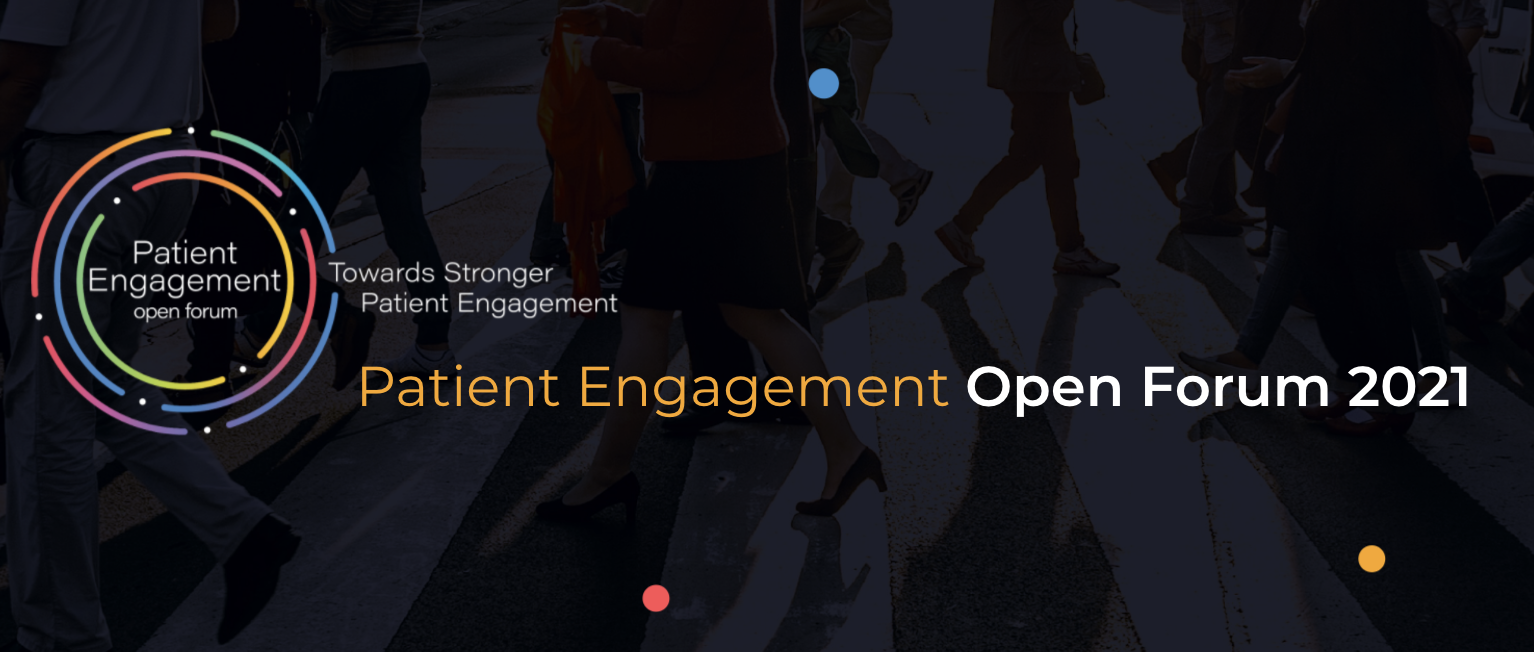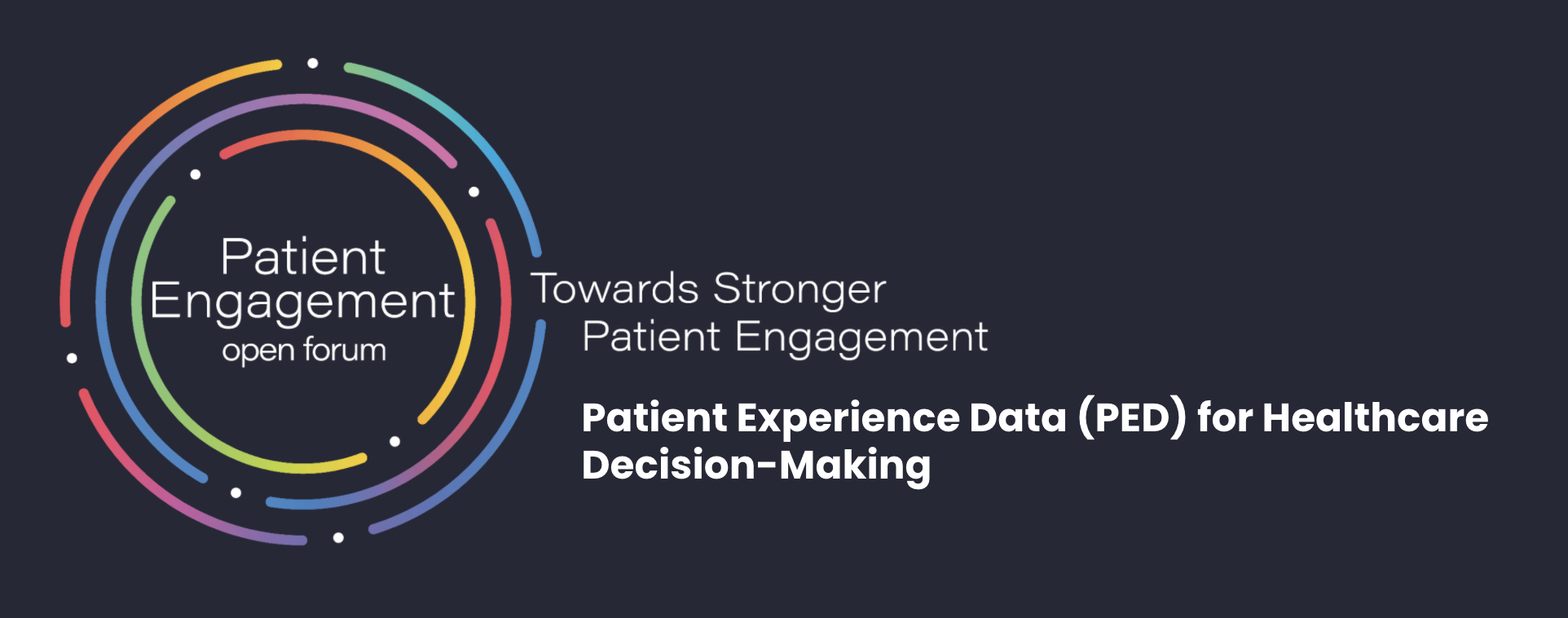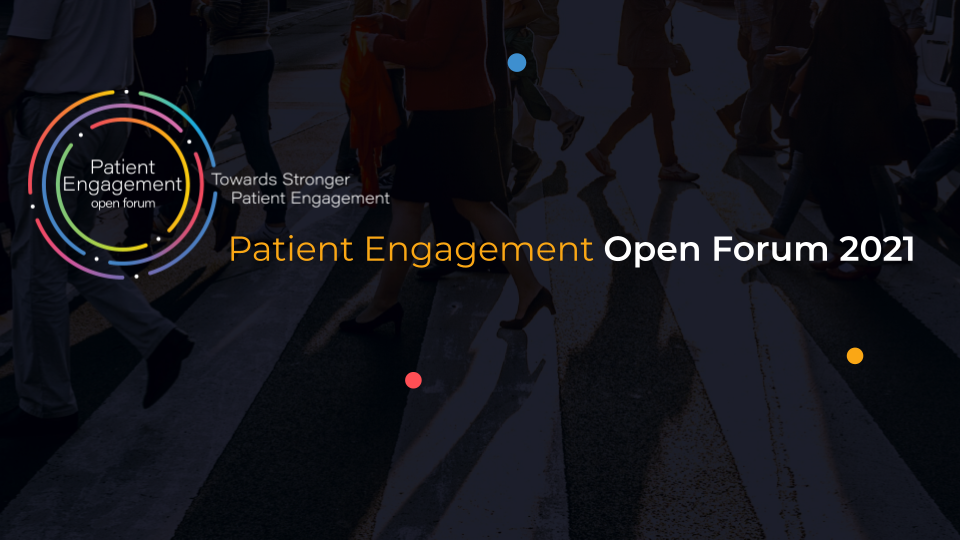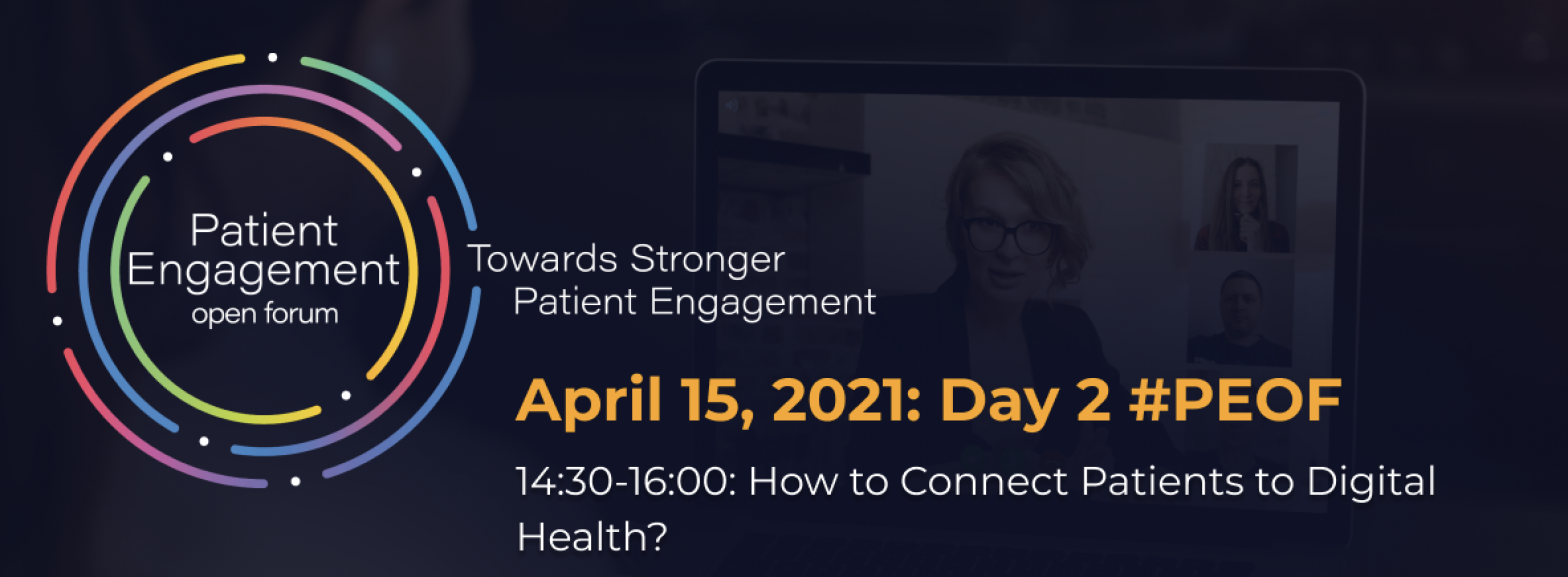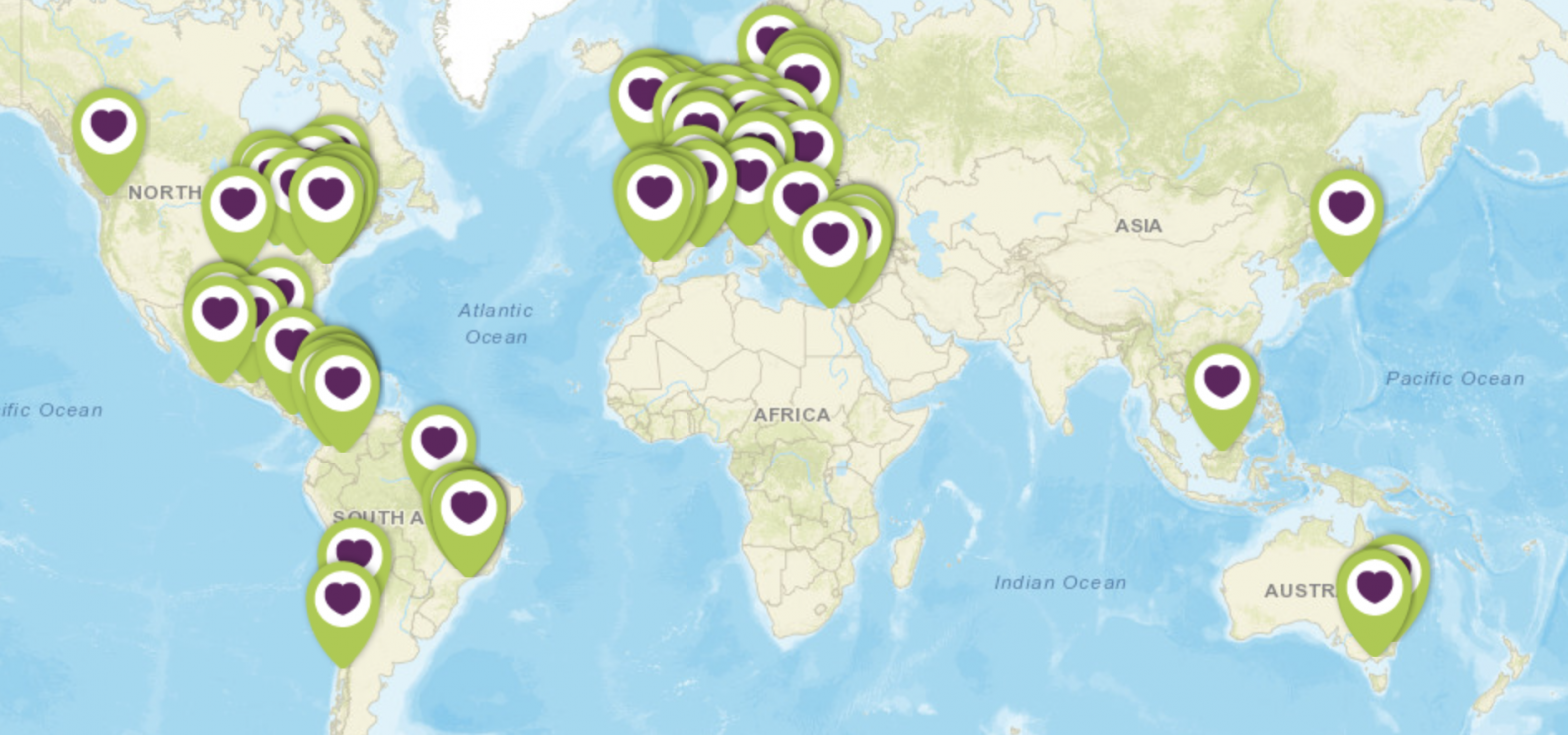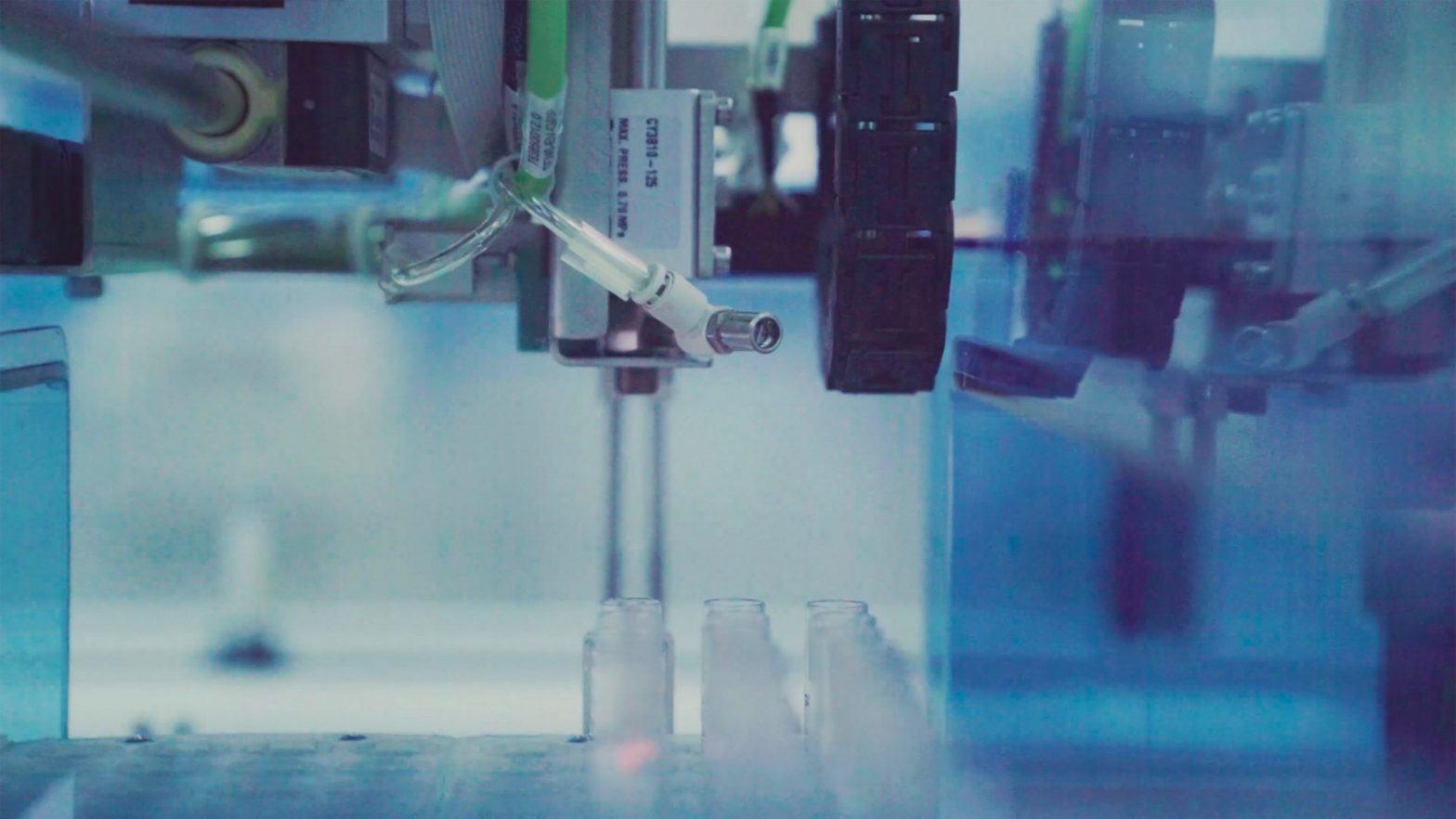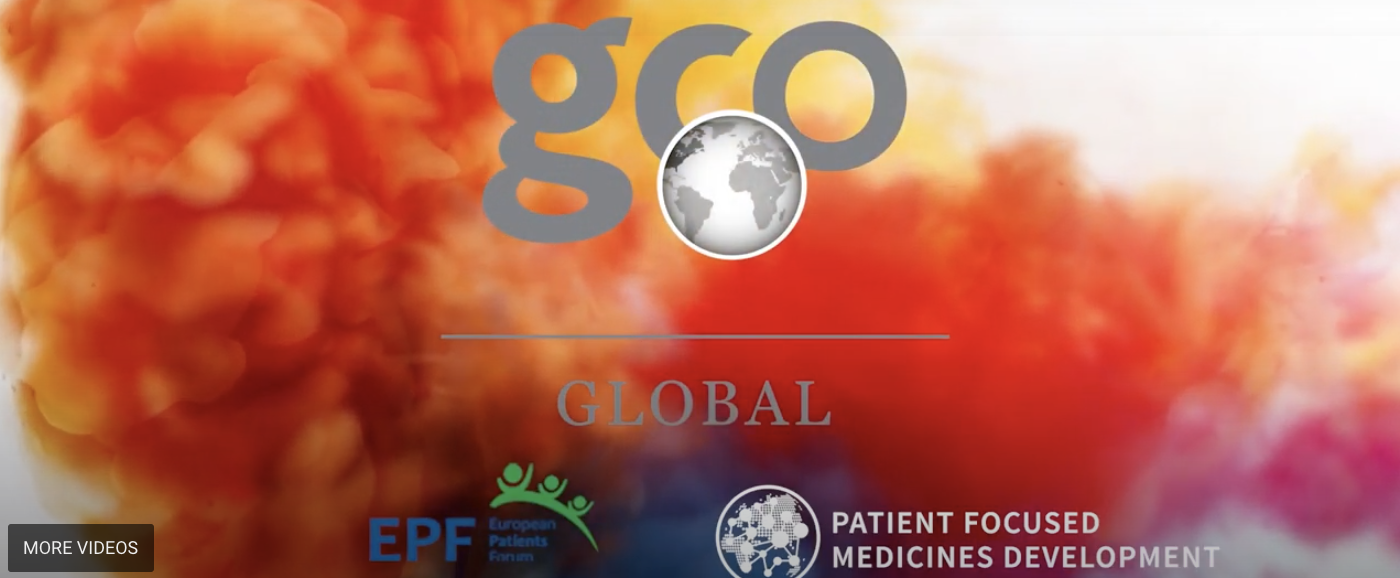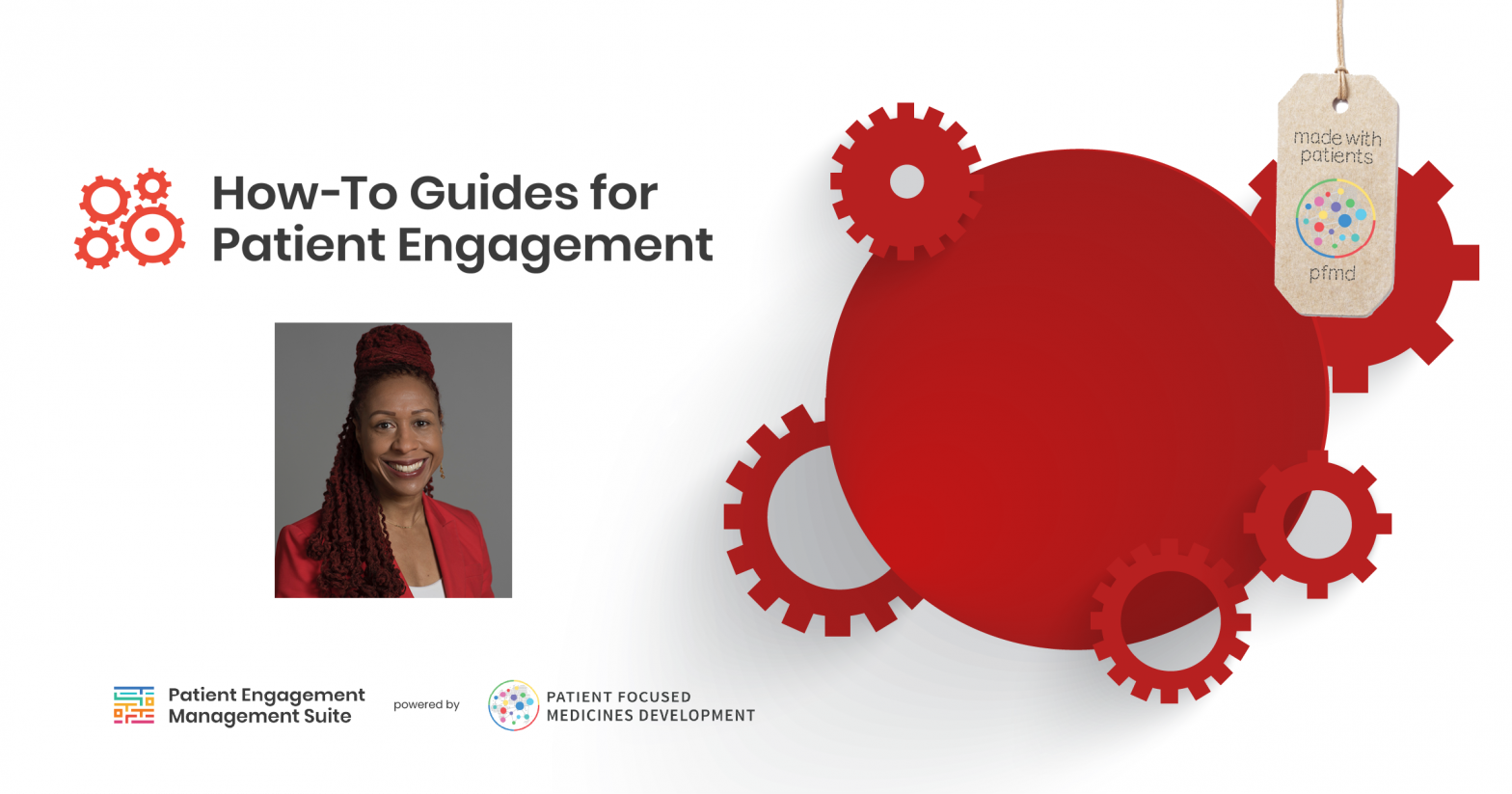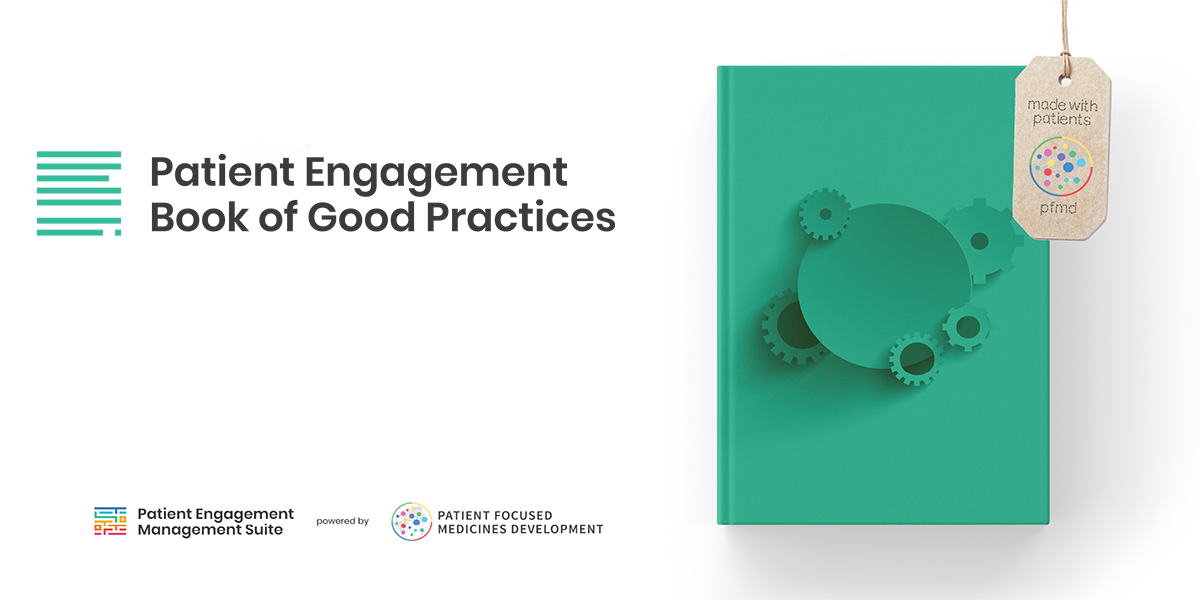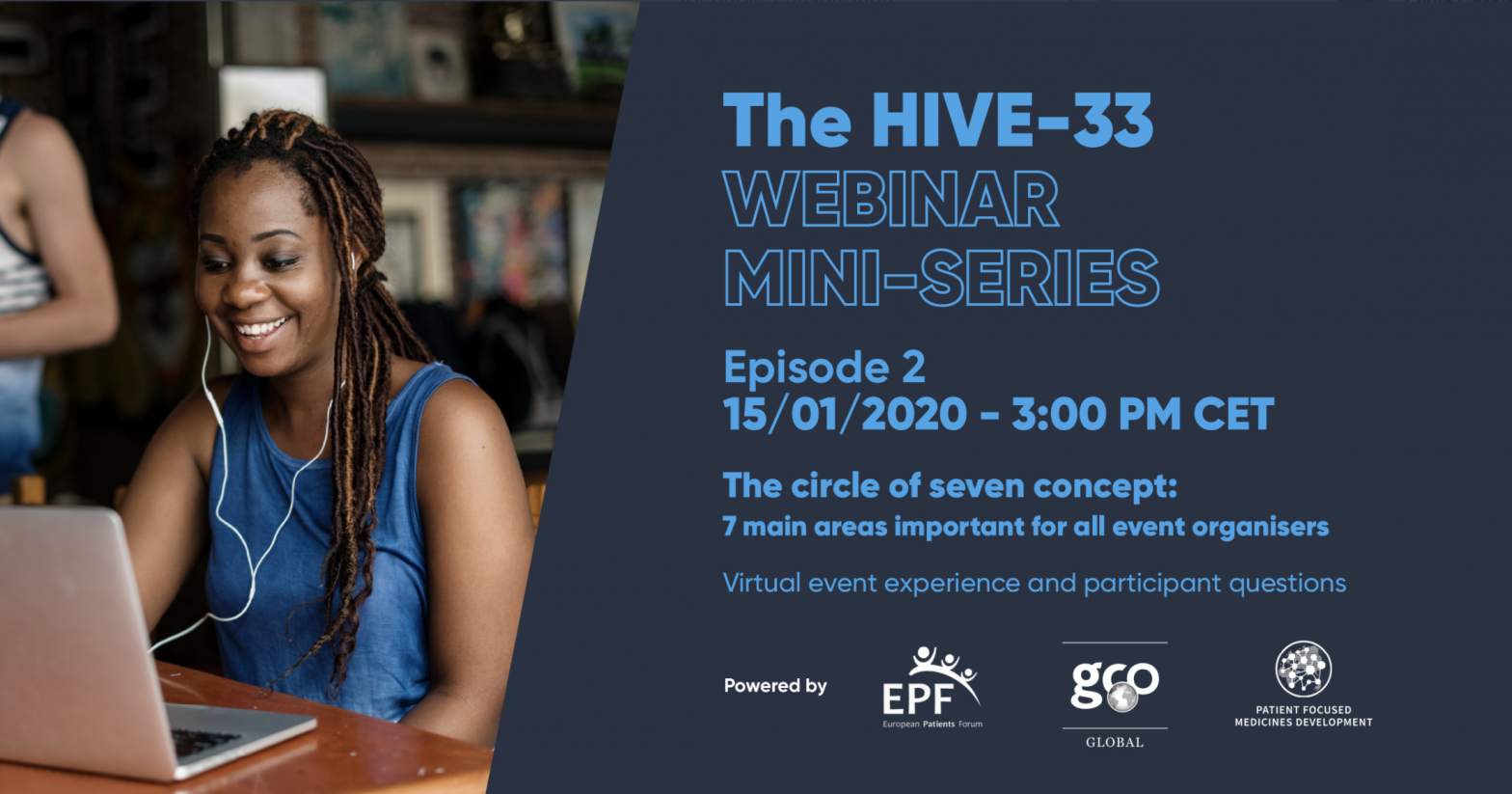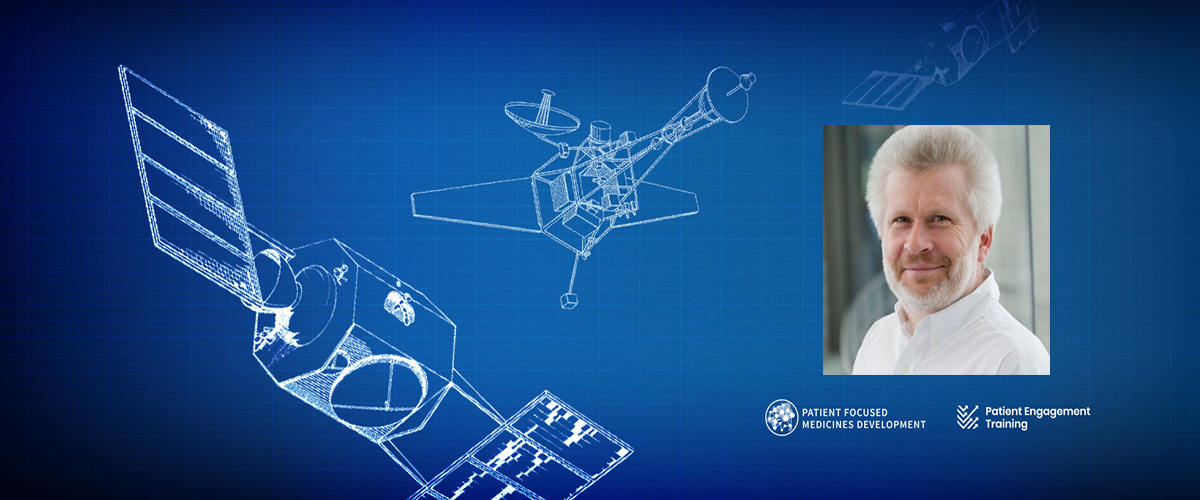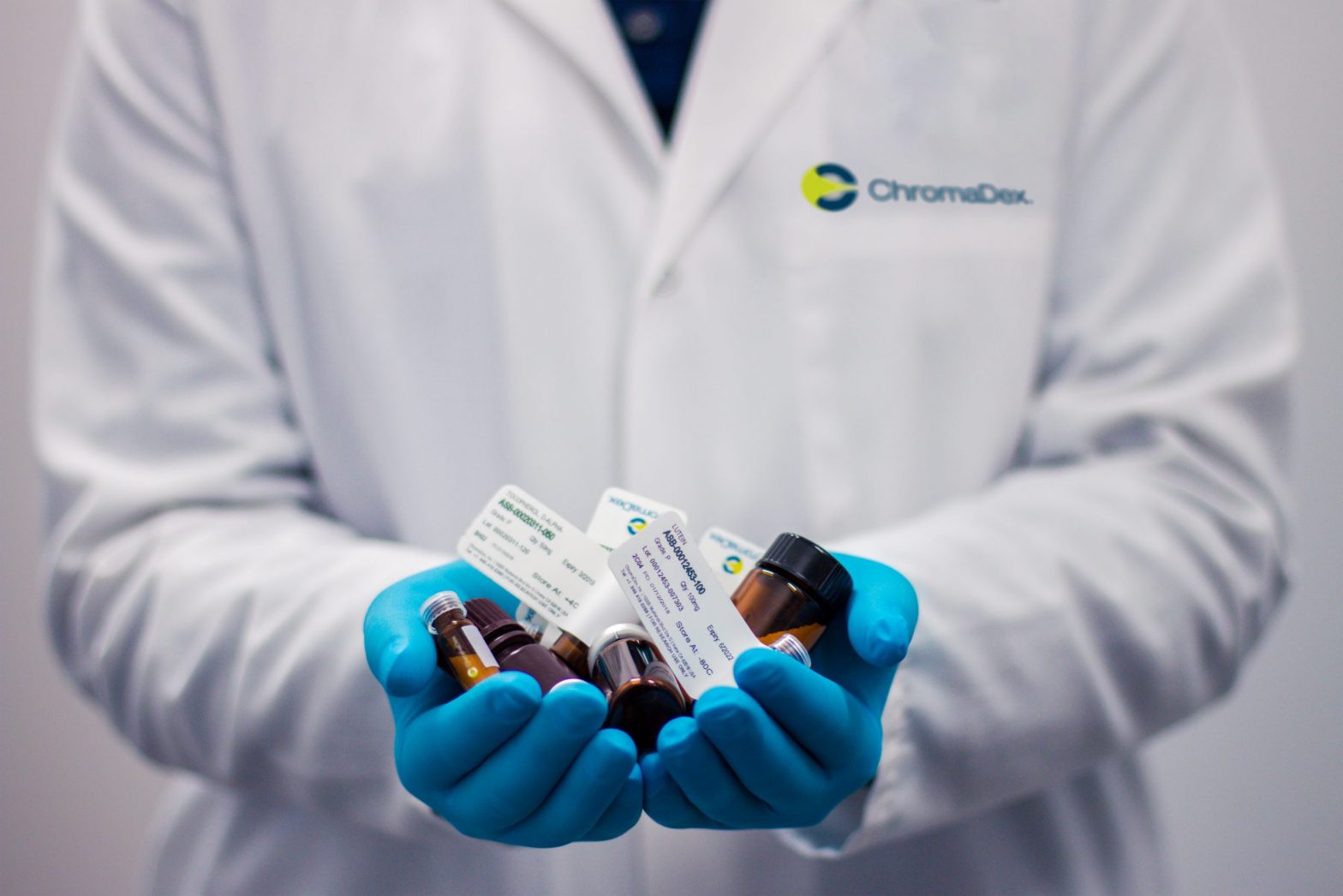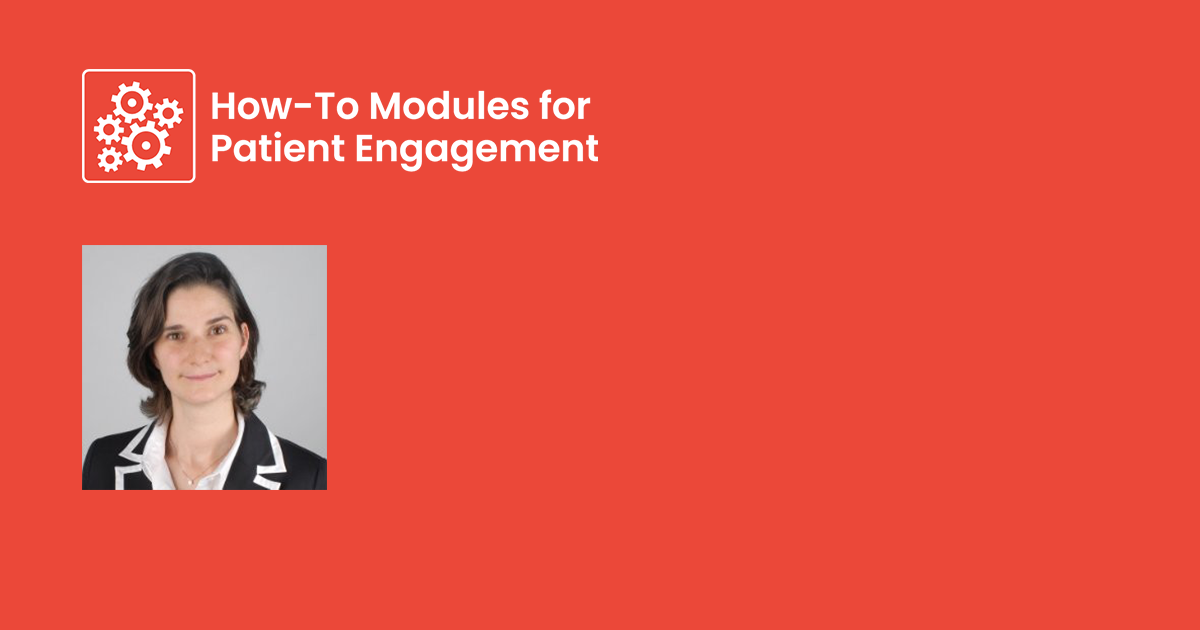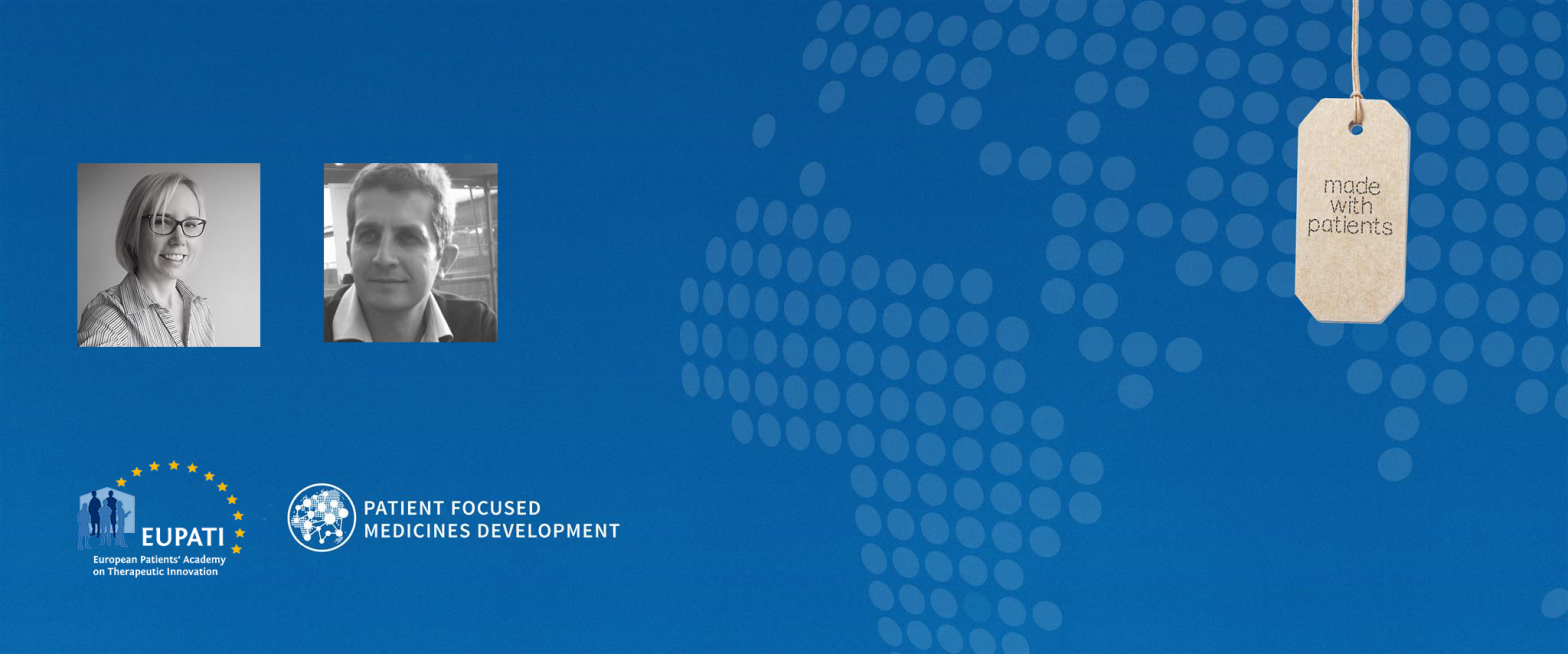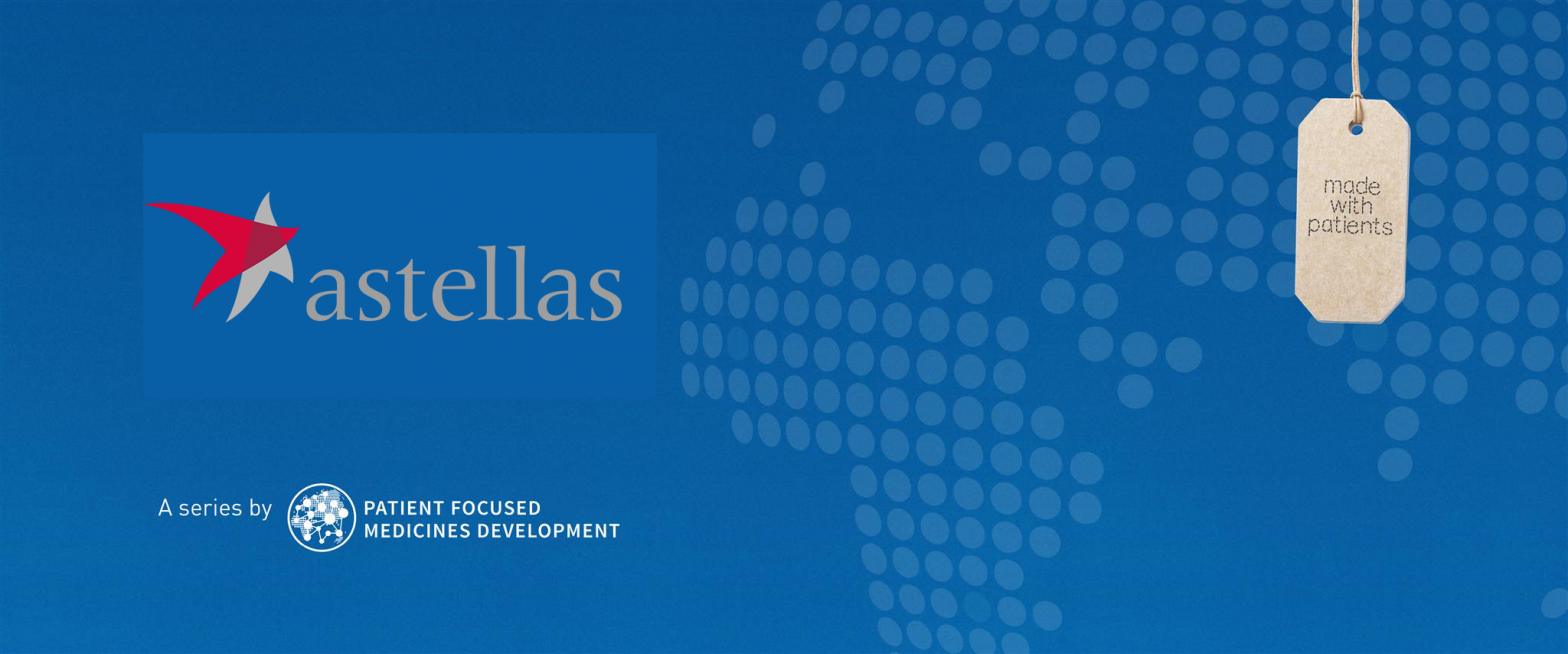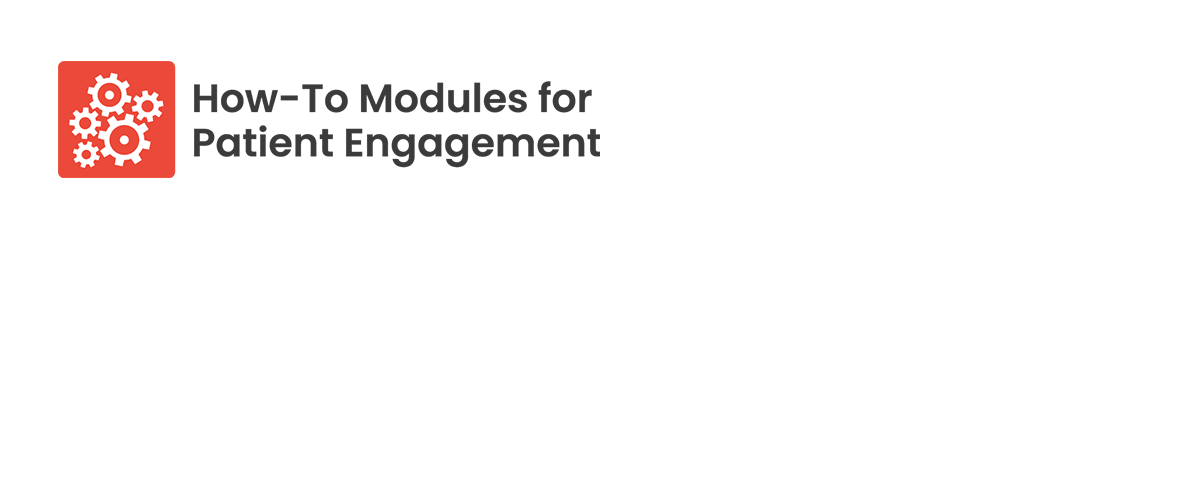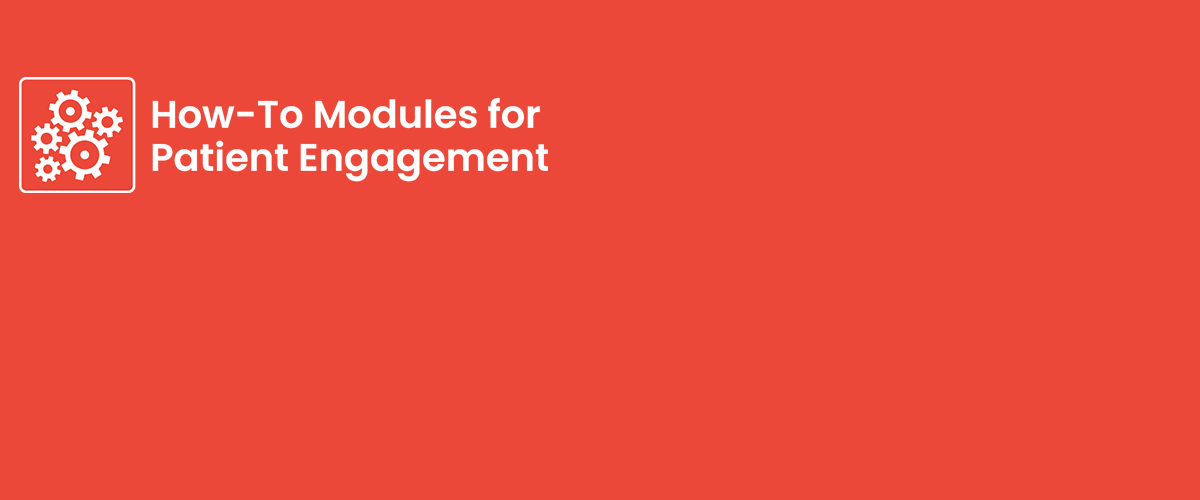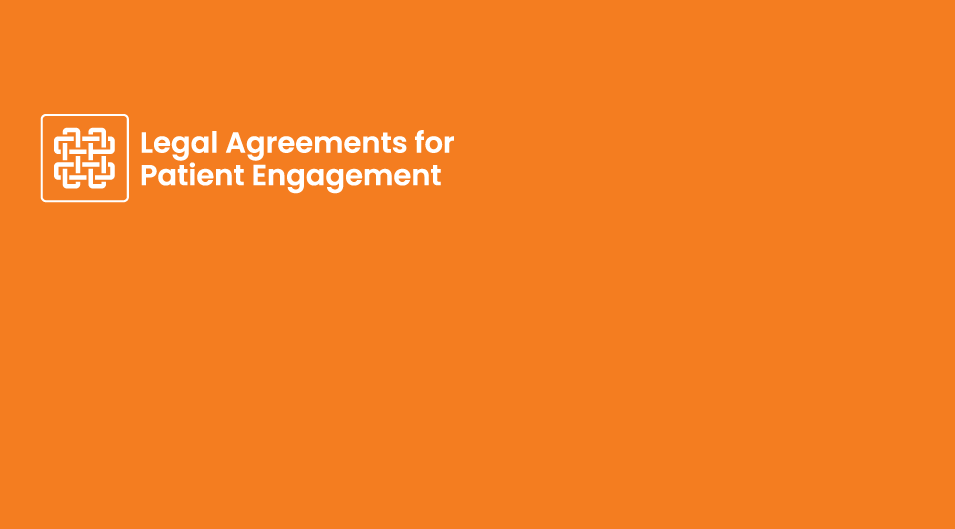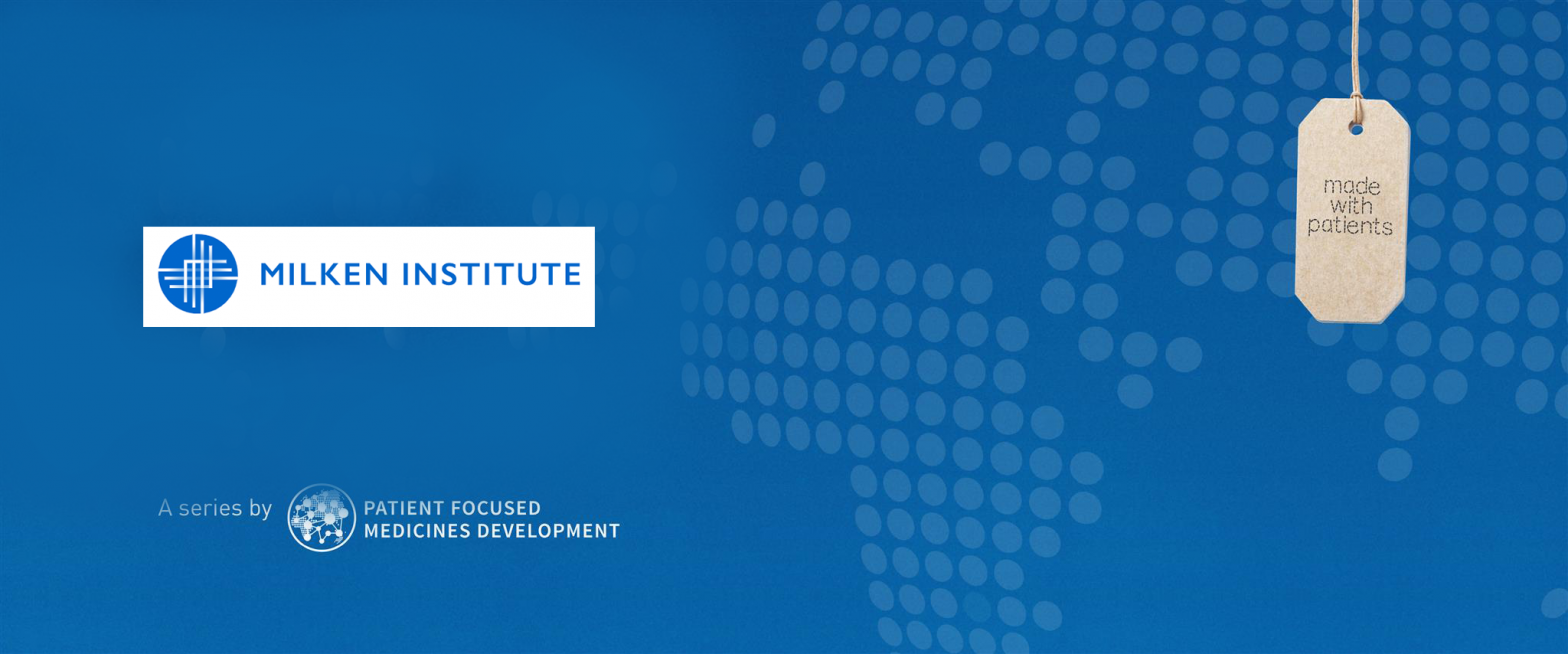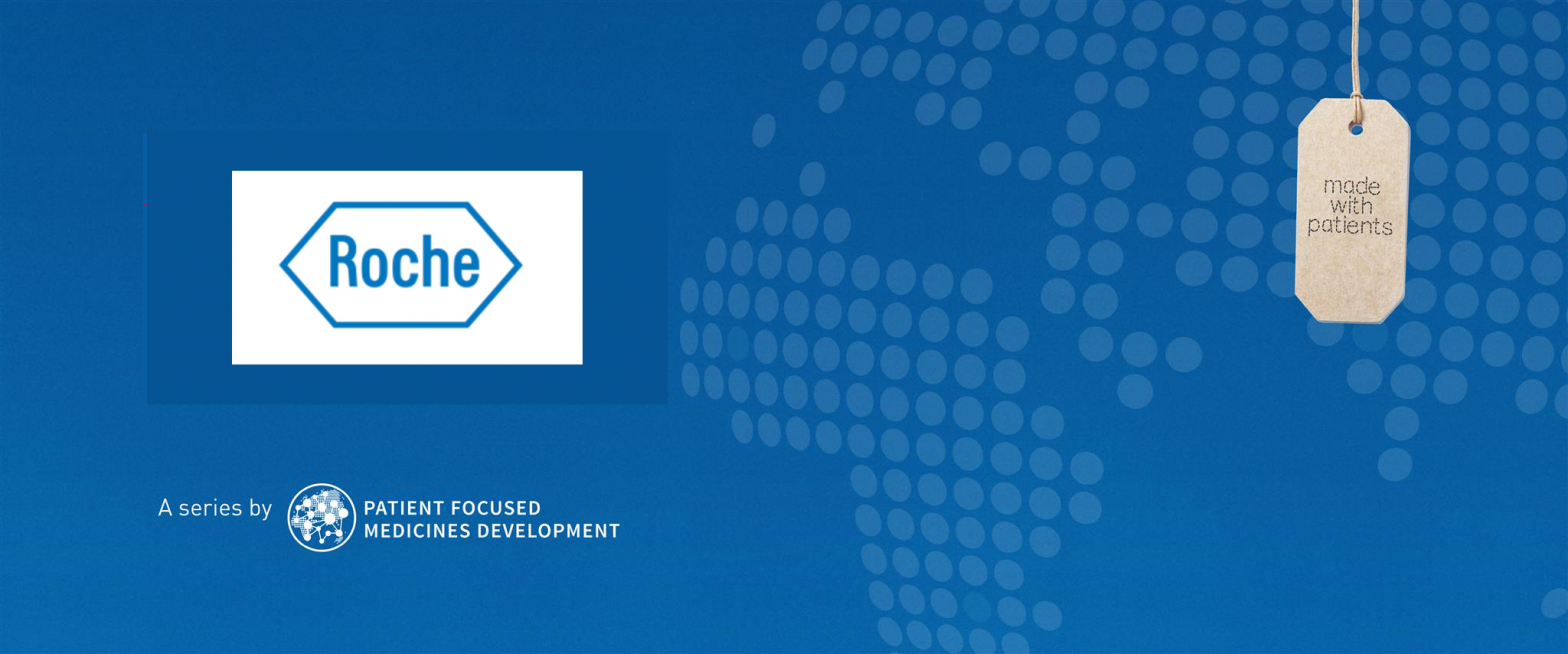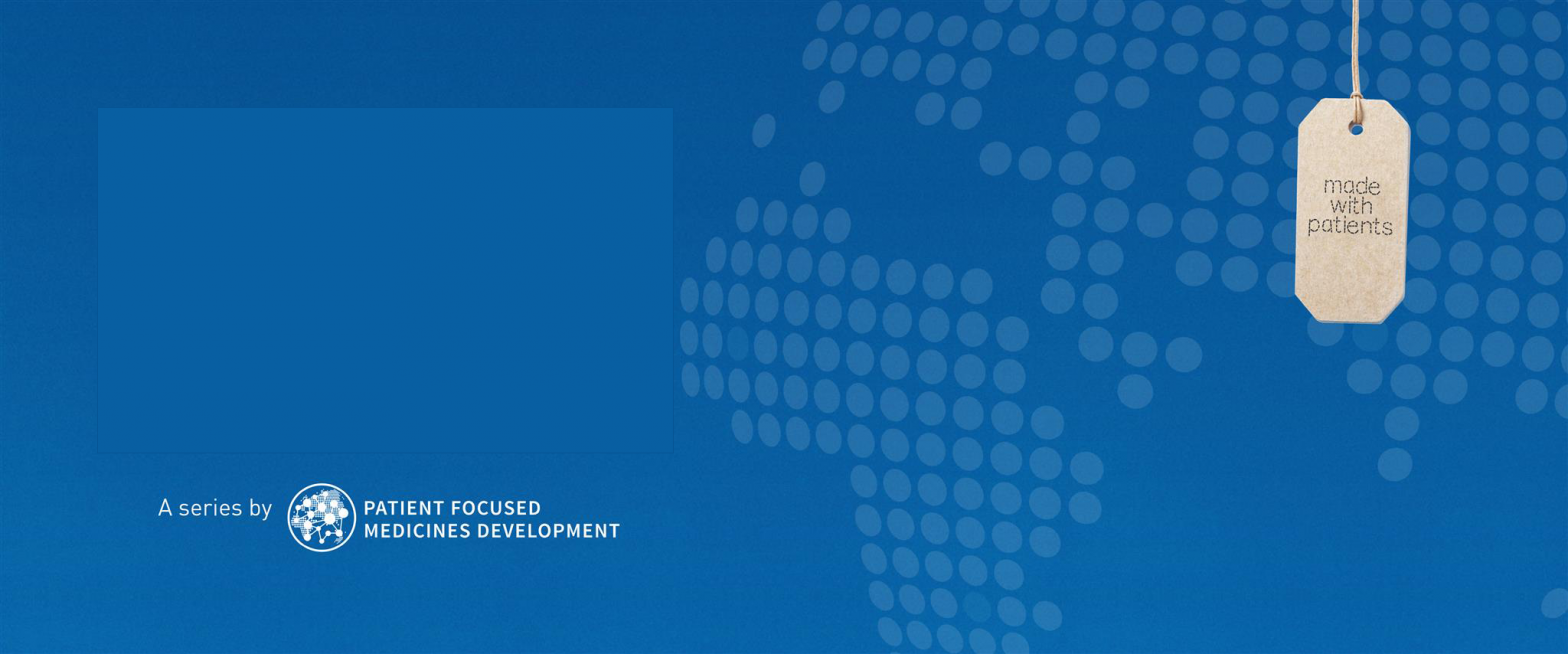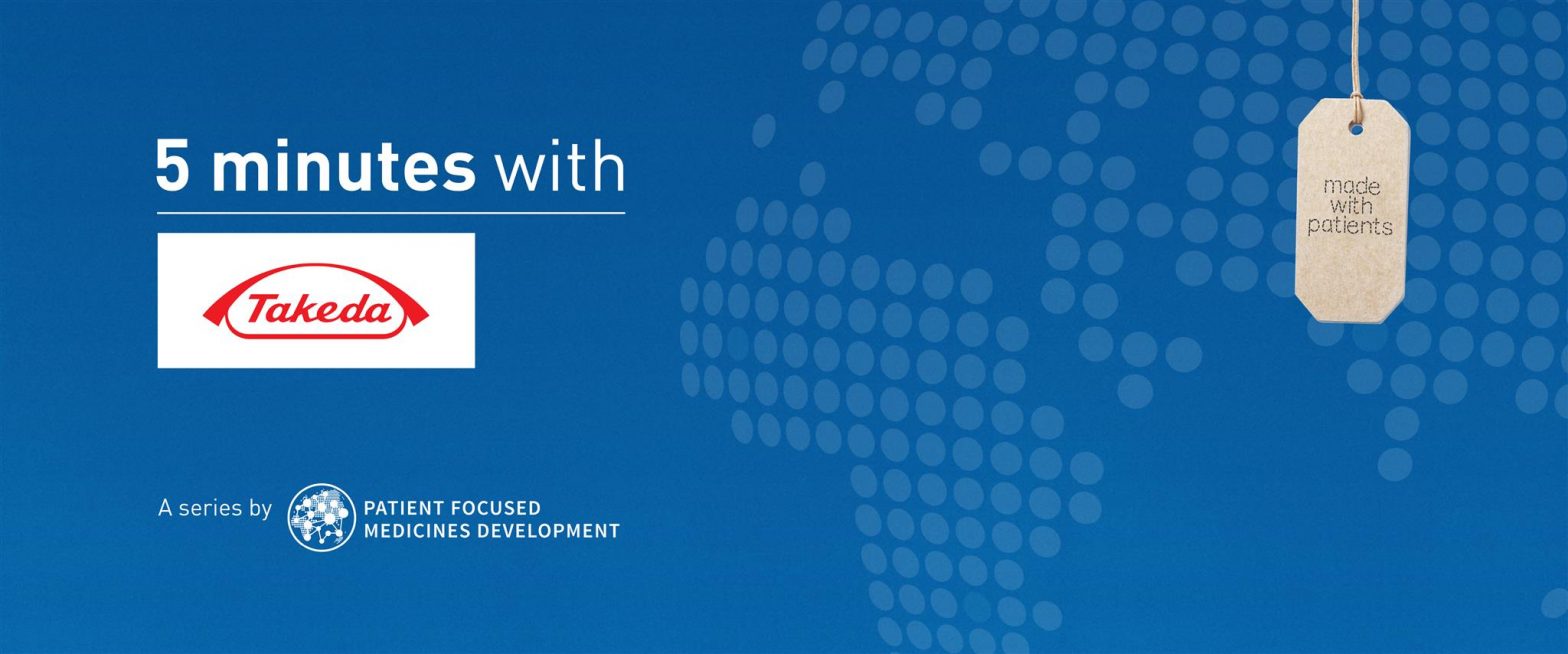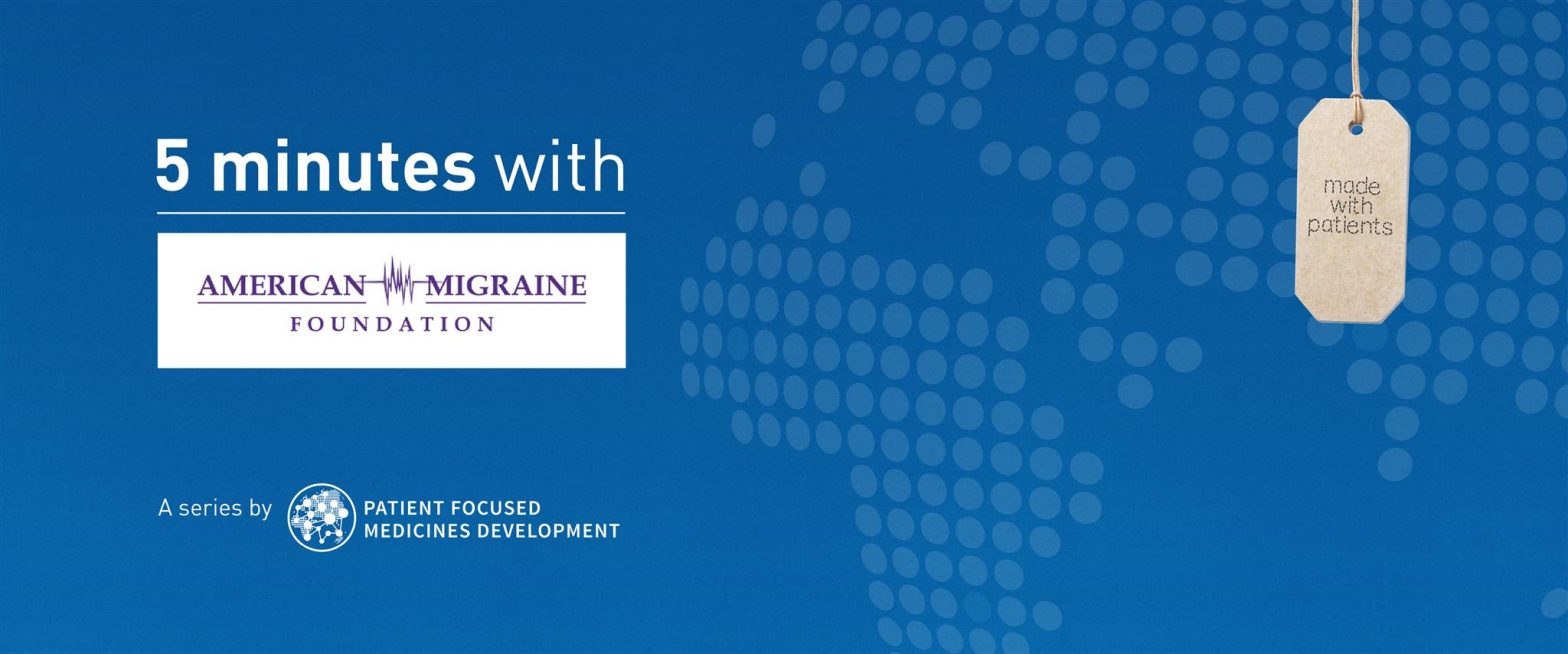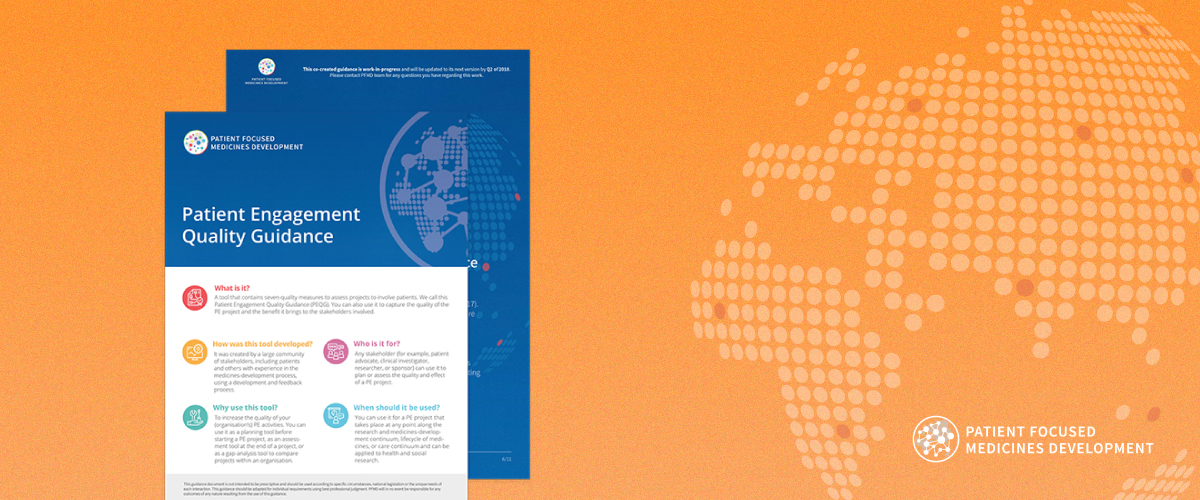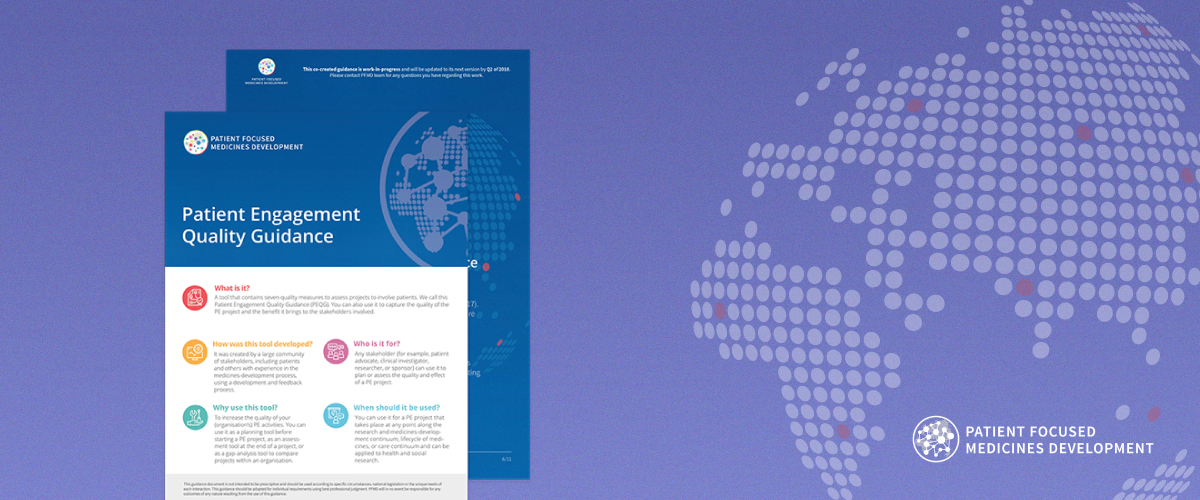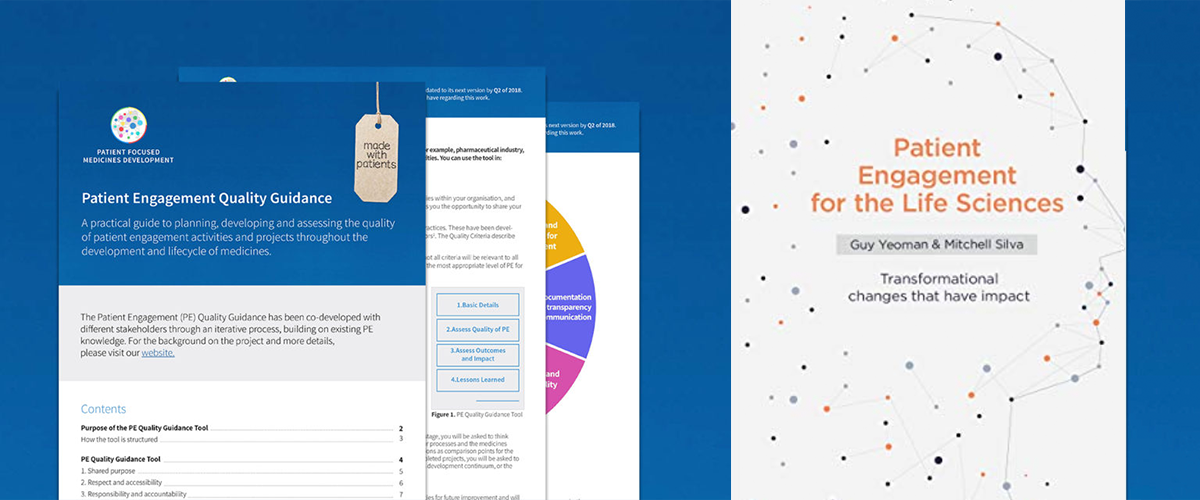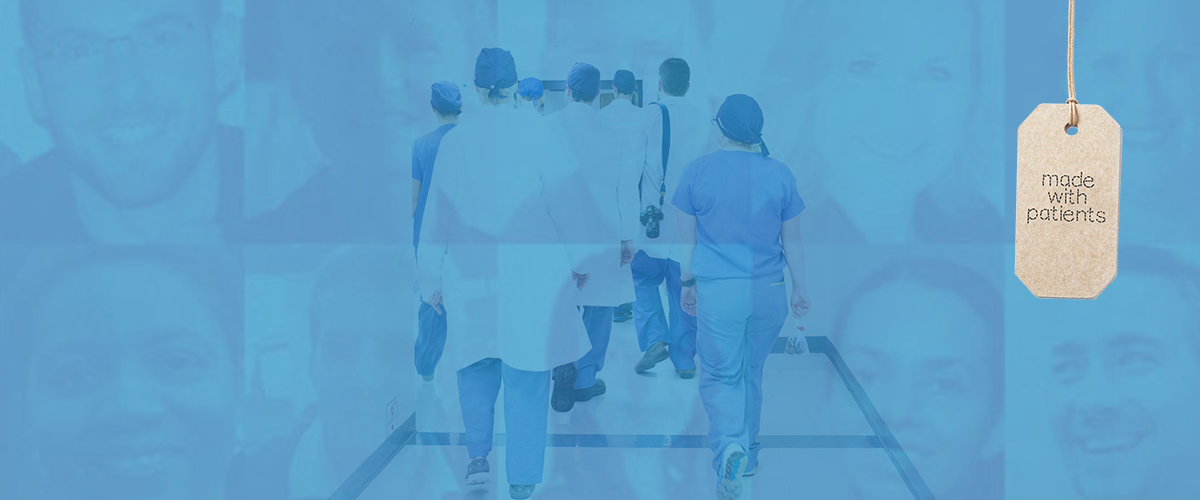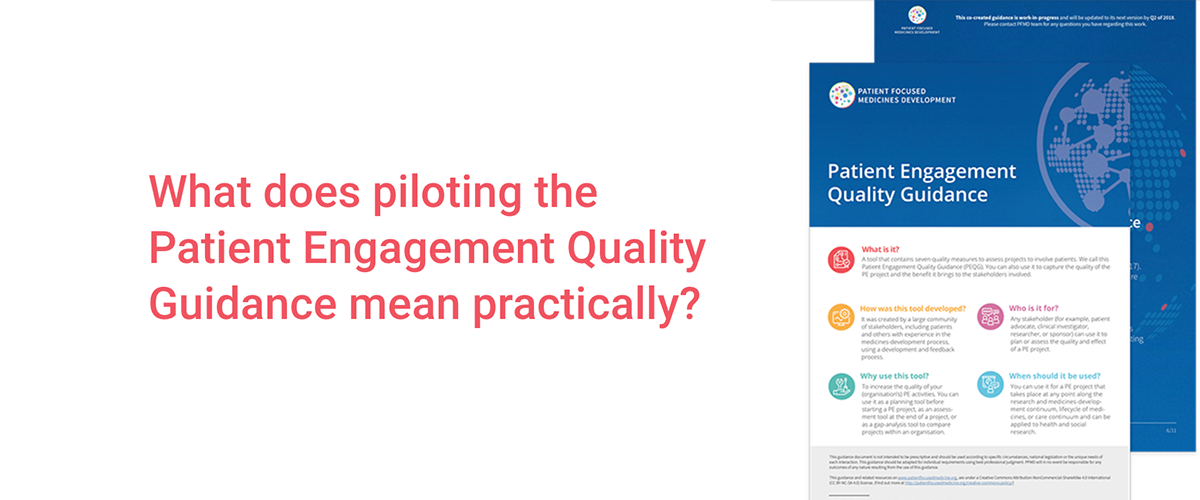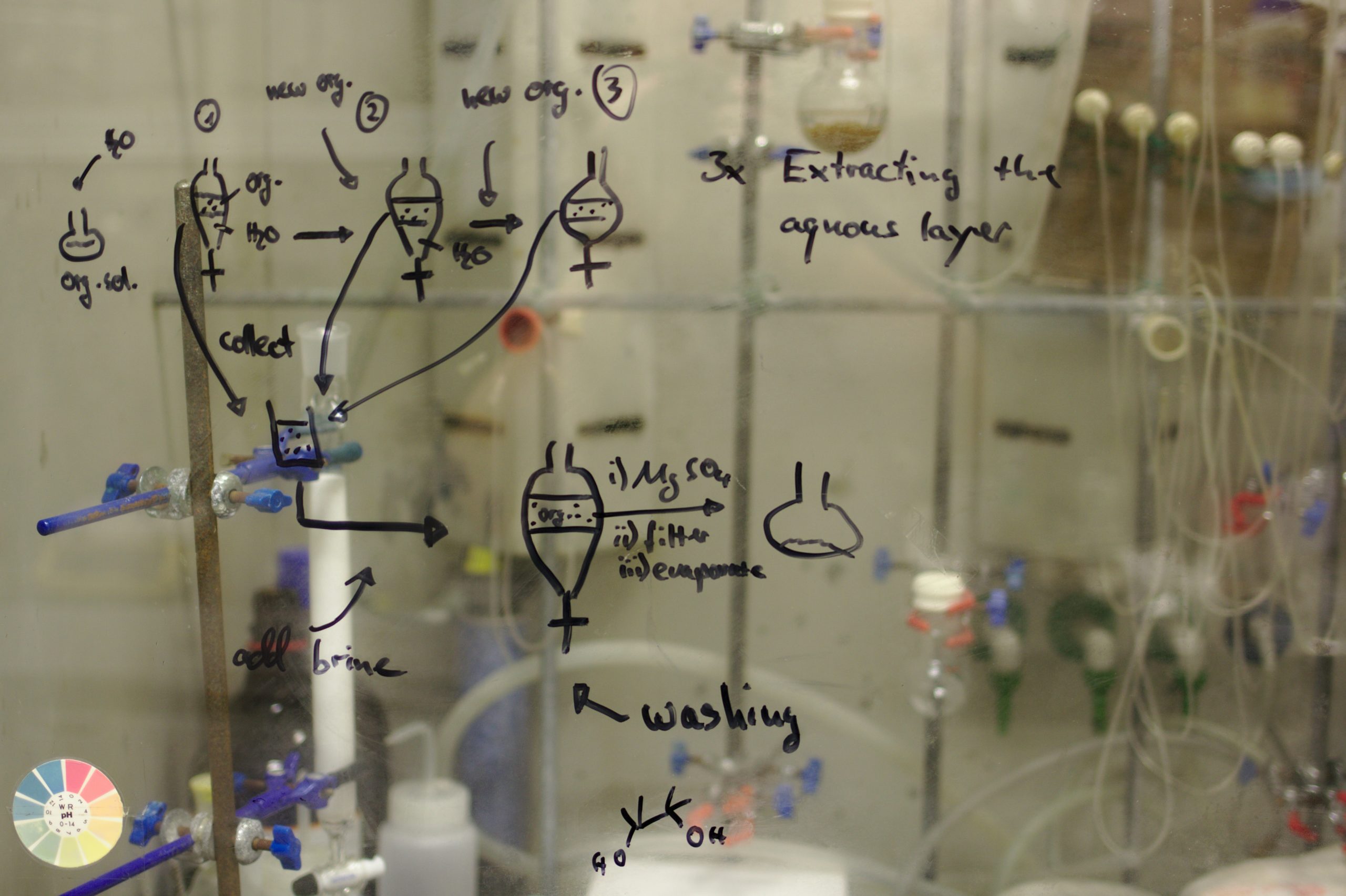Danielle Barron speaks to MediPace founder Guy Yeoman about his latest efforts to spread the word on patient engagement.
When it comes to patient engagement, empowerment is the name of the game. That’s according to Guy Yeoman, founder of MediPaCe.
“In an ideal world we need to get patients to take a proactive role in their own health – it’s about getting the patients to do more,” he says.
While patient engagement is becoming the norm, in Yeoman’s opinion it remains a “complex state of affairs”. He believes the industry needs to take the reins and cultivate a culture of patient empowerment, which will lead to better quality patient engagement.
“There is no silver bullet, but certainly industry working with patients and empowering them is the right way forward.”
Yeoman sees endeavours such as the Patient Engagement Quality Guidance as being of utmost importance. He has also collaborated with EUPATI Belgium’s Mitchell Silva on a recently published book, entitled “Patient Engagement for Life Sciences”. The book contains case studies and examples of patient engagement in the healthcare setting and attempts to inform and educate the wider industry on the “why” and “how” of patient engagement.
“It is the responsibility of everyone involved in healthcare, so while it is industry’s remit to work with all stakeholders and that includes the patient, it is still not happening consistently,” says Yeoman. “It is still happening in an isolated, fragmented way.”
The book aims to outline the potential value for organisations in becoming patient engaging and suggests a potential framework for how to do so, as well as detailing an option for the necessary infrastructure that would make it happen appropriately.
“The book provides an overview of why patient engagement is important and a conceptual framework of how to implement patient engagement across a pharma organisation. It helps to frame the need for PEQG, which is a tool for approaching a specific patient engagement activity,” Yeoman explains.
Yeoman says there has been significant interest in the book from several industry organisations, and it was distributed at the Patients as Partners European conference earlier this year. Profits from sales of the book are going to chosen charities, such as International Health Partners.
“We have been able to make a significant financial donation to this charity dedicated to delivering donated pharma medicines to patients in disaster areas across the world,” says Yeoman.
Yeoman and Silva’s book is just one of a number of insightful initiatives springing up as the momentum of patient engagement grows. Its popularity also speaks to a growing consensus on the need for patient engagement.
If you are interested in discovering what PFMD, the global coalition to make patient engagement happen, are up to you can check out this page.
Making the case for patient engagement
Tags:






